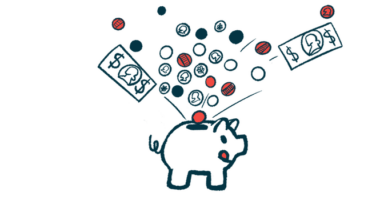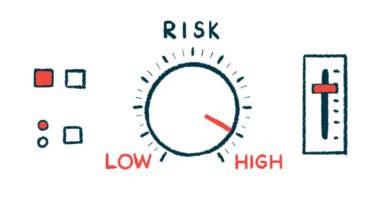Potential Cell Therapy for Multiple Myeloma Named Orphan Drug by FDA

The U.S. Food and Drug Administration (FDA) has granted orphan drug designation to CellProtect, an investigational therapy for multiple myeloma that uses a person’s immune cells to help combat cancer.
This designation is given to therapies with the potential to improve medical care for rare disorders, defined as those that affect fewer than 200,000 people in the U.S. It qualifies the therapy’s developer, XNK Therapeutics, for certain incentives, such as tax credits for qualified clinical testing, and seven years of marketing exclusivity if the therapy is approved for commercial use.
“Obtaining an [orphan drug designation] by the FDA is a significant milestone for XNK and our goal of taking the present drug candidate to the next level,” Johan Liwing, the company’s CEO, said in a press release. “This is the starting point for us to expand clinical development into the most important market globally for cancer treatment.”
Natural killer (NK) cells are a type of immune cell that, as their name suggests, are able to kill other types of cells, including cancer cells. CellProtect, which is XNK’s leading investigational candidate, uses NK cells to fight cancer.
Specifically, it uses autologous NK cells, meaning cells that are obtained from the cancer patient. NK cells are extracted from the patient’s blood, and then expanded (meaning they are grown to produce more cells) and activated, or primed for cancer cell-killing activity.
The cells are then frozen and delivered to a clinic; according to XNK, the product has shown 10-year stability after freezing with liquid nitrogen. At the clinic, the cells can be thawed and infused directly to the patient without further processing.
A Phase 1/2 clinical trial (NCT04558853), conducted at the Karolinska University Hospital in Stockholm, evaluated Cell Protect as an add-on therapy in newly diagnosed multiple myeloma patients who had undergone an autologous stem cell transplant.
Its main goal was to evaluate the treatment’s safety and tolerability. Results indicated a good safety profile; no severe adverse events were reported. Four of six trial participants had measurable disease following the stem cell transplant, the company reported, and all showed evidence of a response to the NK cell-based treatment. In patients achieving a complete remission, CellProtect further lowered the amount of cancer cells in circulation.
XNK reported plans to initiate a Phase 2 clinical trial in multiple myeloma patients in “the near future.”
An upcoming Phase 2 trial (NCT04558931), sponsored by the Karolinska Institutet, will evaluate a combination of CellProtect and the approved myeloma treatment Sarclisa (isatuximab), by Sanofi, in about 60 newly diagnosed multiple myeloma patients after an autologous stem cell transplant.
CellProtect has also been designated an orphan drug in the European Union.






